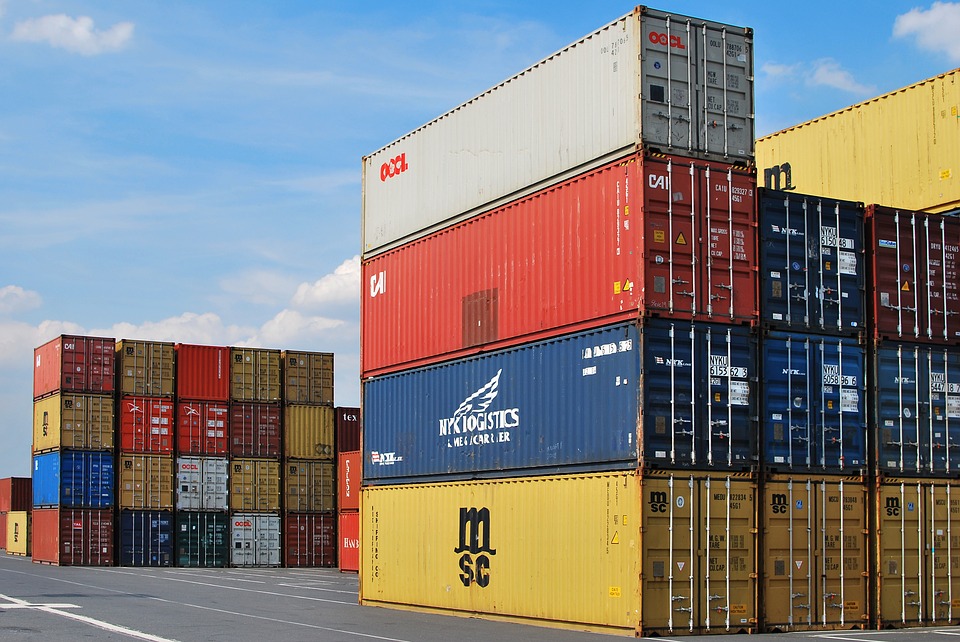October marks the end of the three-month settling-in period suggested by the IMO to its Member States in which competent authorities were urged to adopt a ‘practical and pragmatic’ approach to the enforcement of the SOLAS revision stipulating all packed containers have a verified gross mass (VGM) before being loaded aboard a ship.
Robert Keen, Director General of the trade association which represents UK freight forwarders, says: “Looking back at the first half of this year and the attention that we gave to the amendments to SOLAS, I was reminded of the so called Millennium Bug from 20 years ago.
“As many will remember, it was anticipated there might be a catastrophe at midnight on 31st December 1999 as computer systems would not be able to distinguish between 2000 and 1900 because only the last two digits of the year had been used as technology developed. The gloomiest predictions foresaw aircraft dropping out of the sky and a return to the dark ages. However, remedial work from 1998 overcame the predicted problem.
“So it was interesting to see recently a report of ‘extremely high’ compliance rates since the new VGM regulations came into force on 1 July 2016.
“I put that down to the fact that the three month grace period has provided some flexibility, helping all the stakeholders in containerised transport to refine procedures for documenting, communicating and sharing electronic verified gross mass data.
“We at BIFA were often amused at some of the wilder predictions of ports being clogged with containers unable to move, and our constant message was that pragmatic and problem solving BIFA Members would overcome any snags and keep trade moving, which is of course what has happened.
“Nevertheless, although reported levels of compliance are encouraging, our message to members and the freight forwarding community is to make sure that they continue to focus on achieving accurate VGM certification and overcome any IT communication challenges that remain.
“We continue to remind members of their responsibilities in helping regulators around the world to arrive at a uniform standard of enforcement, including consistency in the degree of latitude given to non-compliant shippers.”








